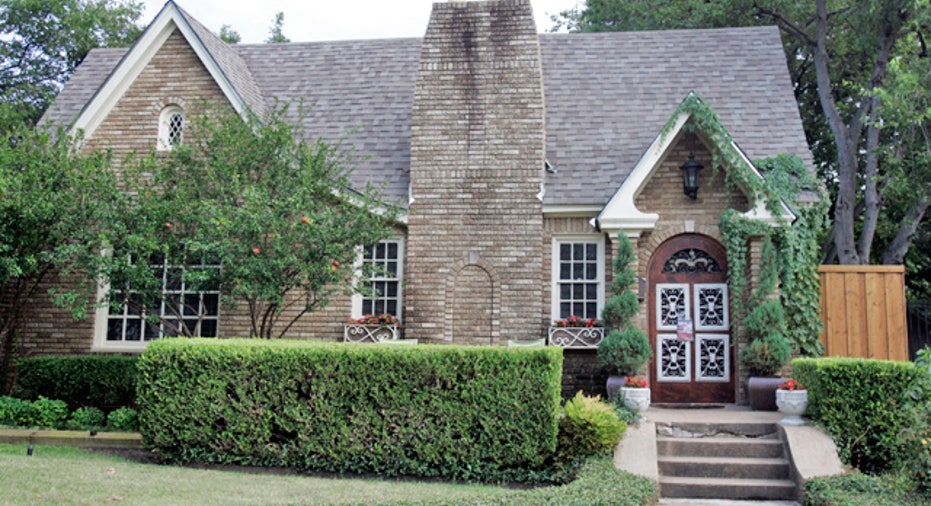Are We in a New Housing Market Bubble?

Prices are rising; are they rising too far, too fast? Are we in for another bubble?
Ping Cheng
Associate professor College of Business Florida Atlantic University in Boca Raton, Fla.
Compare Mortgage Rates in Your Area
To a certain degree, I share such concerns because whenever we see home prices grow much faster than income, we need to be concerned about the sustainability. But the recent record price growth in places such as Phoenix and Las Vegas is more due to coming back from the bottom. I don't expect the 40% to 50% growth we saw recently in those cities will continue much further.
I will also watch for any signs of loosening lending standards. I have seen some, but not a lot. Cheap-and-easy credit is the fuel for a real estate bubble.
Karen M. Gibler
Associate professor J. Mack Robinson College of Business Georgia State University in Atlanta
Some markets have always experienced more volatility, even before the recession. I don't see that any fundamental changes have occurred that would make high-priced markets in parts of California, for example, any more stable than in the past.
However, on the national level, much of the previous rise in house sales and prices was driven by low-cost alternative mortgages, such as interest-only and option (adjustable-rate mortgages). Borrowers were buying houses without meeting traditional qualifying criteria. Because of recent regulations, fewer lenders are offering these loans. So the result should be that increased sales should reflect true underlying demand for housing rather than financial speculation.
There is some risk that some speculators who are buying foreclosures and trying to flip them quickly at a higher price could artificially drive up prices.
Michael J. Highfield
Associate professor of finance, Robert W. Warren Chair of Real Estate Head of the Department of Finance and Economics Mississippi State University in Starkville, Miss.
Asset bubbles are fairly easy to identify and explain in hindsight, not during their evolution. With that caveat in place, I don't see the current real estate environment meeting the definition of a bubble, at least not yet.
The key here is the overwhelming power of losses. An analogy would help support this point. Suppose you go to the casino with $1,000. Suppose that after an hour, you are up 25%. That is, you now find yourself with $1,250 in chips. An hour later, some bad bets cost you 25%. While a gain of 25% and a loss of 25% appear to wash out to 0%, you are really worse off. That is, the 25% loss took the stack of chips down from $1,250 to $937.50, not the $1,000 you started with.
Simply put, given year-over-year declines in the CoreLogic Case-Shiller Indexes exceeding 12% in 2008 and 2009 -- 40% to 60% in some markets -- we may be heading for a bubble, but we have still not fully recovered from the losses associated with the popping of the last one. In fact, many of the real estate markets that saw the biggest gains in 2012 are still 25% to 40% below their peaks in 2006.
The current real estate environment simply does not stand up to the definition of a bubble. But if market rates change enough to make investors move away from the buy-to-lease model before we reach some equilibrium level of growth in these markets, we will be doomed to repeat history.
Copyright 2013, Bankrate Inc.



















